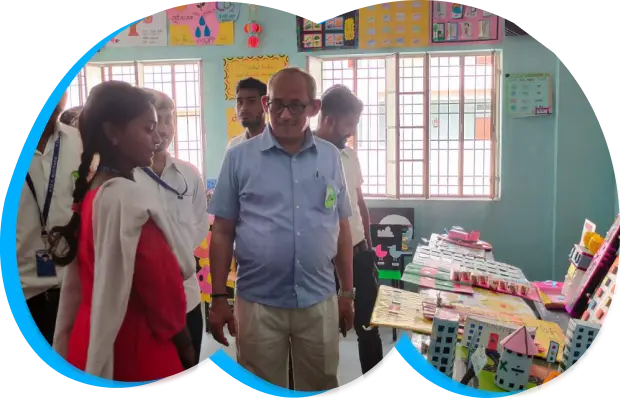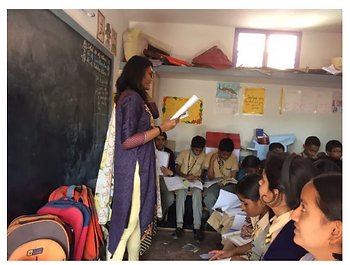India’s Education Policy Landscape
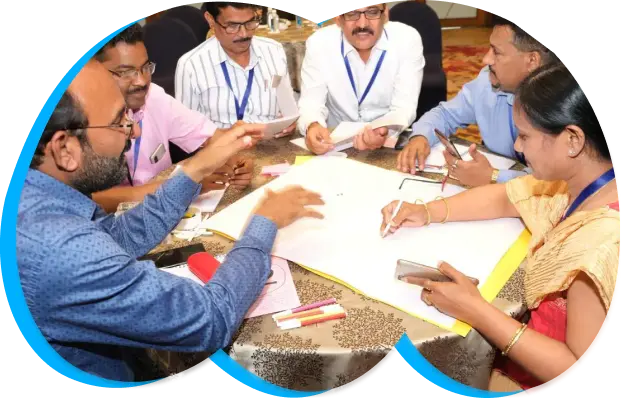
Understanding India’s ‘Education Policy’ framework
Education policy refers to the underlying framework and discourse that shapes education at all levels. It encompasses the principles, laws, and regulations that govern the education system, influencing every aspect of learning. In a country like India where in Indian thought and philosophy the pursuit of knowledge (Jnan), wisdom (Pragyaa), and truth (Satya) was always considered as the highest human goal, ‘education policy’ framework is all the more important. India’s education policy landscape is built upon a comprehensive framework that governs the education system, influencing every aspect of learning from early childhood to higher education.
Law of the land and the Mandate for Education
In India the law of the land commonly called the Constitution of India, 1949 (‘Constitution’) (accessible here) is the foremost instrument from which all of our laws and policies emerge. In operative part, the Constitution carries a mandate for the government in relation to education, thereby laying the seeds for India’s education policy framework.
Article 21A of the Constitution mandates that
“The State shall provide free and compulsory education to all children of the age of six to fourteen years in such manner as the State may, by law, determine”.
Pursuant to Article 21A of the Constitution the Right of Children to Free and Compulsory Education Act, was enacted on 26th August 2009.
Further, Article 41 of the Constitution mandates that
“The State shall, within the limits of its economic capacity and development, make effective provision for securing the right to work, to education and to public assistance in cases of unemployment, old age, sickness and disablement, and in other cases of undeserved want”.
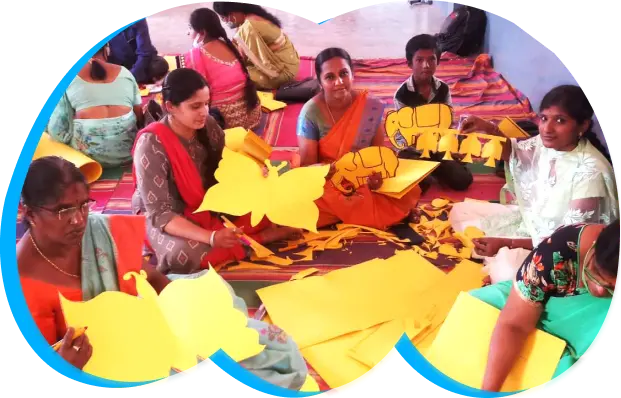
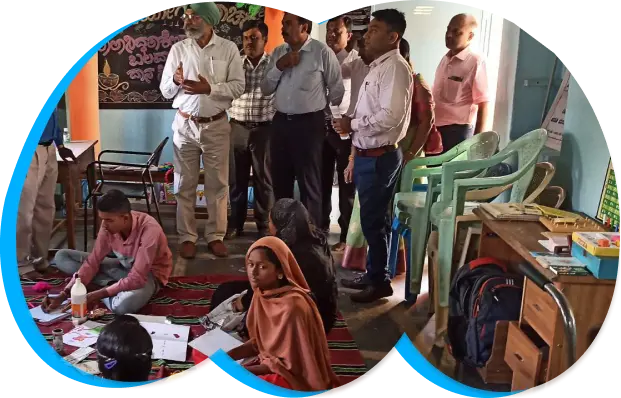
The Odyssey of India’s Education Policy
Post India’s independence in 1947 multiple commissions were set-up over the next 2 decades to ideate and design independent and modern India’s educational system. Gradually the central government realised that there was a need to formulate a national level policy for education policy to promote and regulate education in the country. Since independence, India has seen 4 key national level policies on education starting from the first one in 1968, next in 1986, then in 1992, and finally the current policy introduced in 2020.
Presently, the governing document for India’s ‘education policy’ is the National Education Policy, 2020 (‘NEP’) (accessible here). The NEP aims to sustainably transform India “into an equitable and vibrant knowledge society, by providing high-quality education to all, and thereby making India a global knowledge superpower”.
It is crucial to note that while we have a national level education policy, decisions related to ‘education policy’ can be made both by the central government and respective state governments, since ‘education’ is a subject that both the central and state governments have been empowered by the Constitution to legislate over. This shared responsibility leads to scope for innovation (since in education a one size fits all approach is unlikely to work in a diverse demography like India) and also for challenges in terms of implementation (since different states would prioritise different goals and agendas which could at times lead to non-uniform implementation or mis-alignment with the desirable national standard).
Notably, the nomenclature of the NEP also marks an interesting departure from its predecessors in that they were framed as national policies on education. The shift to ‘education policy’ reflects a broader evolution in India’s educational discourse—from a centrally administered policy instrument to a much-needed modern, holistic and decentralised approach to ‘education policy’ in the 21st century.
Our Thought Leadership on Education Policy

About the Public Policy vertical
The Public Policy Vertical at Mantra4Change is a dedicated initiative focused on driving informed decision-making in education policy. We aim to leverage research, data, and insights to promote evidence-based reforms in the education sector. Our work will involve generating extensive thought leadership on education-related laws and policies, participating in pre-legislative consultative processes, advocating for policy reforms, stakeholder mapping and thereafter conducting workshops to facilitate stakeholder consultations. By doing so, we hope to create a meaningful impact and drive positive change in the education space.
Education policy is a critical area that requires informed decision-making to ensure that it benefits students, educators, and the broader community. The complexity of education policy issues demands a thoughtful and evidence-based approach, which is why our vertical is dedicated to providing actionable insights and analysis to inform policy decisions. By working in this space, we aim to contribute to the development of effective policies that support the growth and development of the education sector.
Want to help build India’s education policy?
If you are interested and would like to support our work, we are currently recruiting interns for the Public Policy vertical.
Click here to know more, and apply now!
If you are an organisation that is also working in the education policy space and would like to explore some collaborative projects, please feel free to write to Abhishek Jain (Head, Public Policy at Mantra4Change) at abhishek@mantra4change.com
